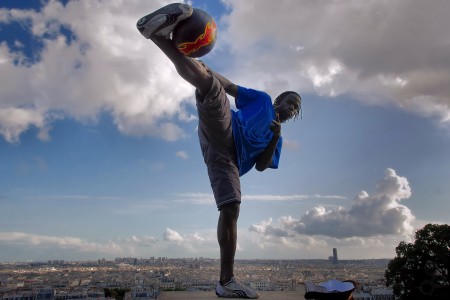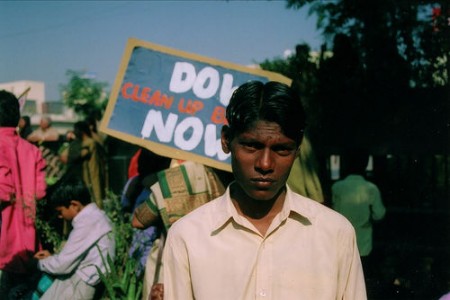
A week ago, a landmark case in Finland against a 59-year-old Rwandan preacher concluded with a life sentence for mass murder (the Finnish legal term joukkotuhonta actually roughly translates as ‘mass/group destruction’). The man, Francois Bazaramba, had sought asylum in Finland in 2003 and was arrested in 2007 in Porvoo, Finland, accused by the Rwandan authorities of involvement in the Rwandan genocide in 1994.
Although not unprecedented, Finland’s exercise of the so-called universality principle in public international law, has revived the controversy surrounding the principle which, in theory and if codified in national law, allows national courts to prosecute individuals suspected of involvement in genocide or other grievous and systematic attacks against civilian populations, regardless of the location of the crime or the nationality of the suspect.
More importantly, however, it has marked another step in the torturous road toward justice and reconciliation in Rwanda.



